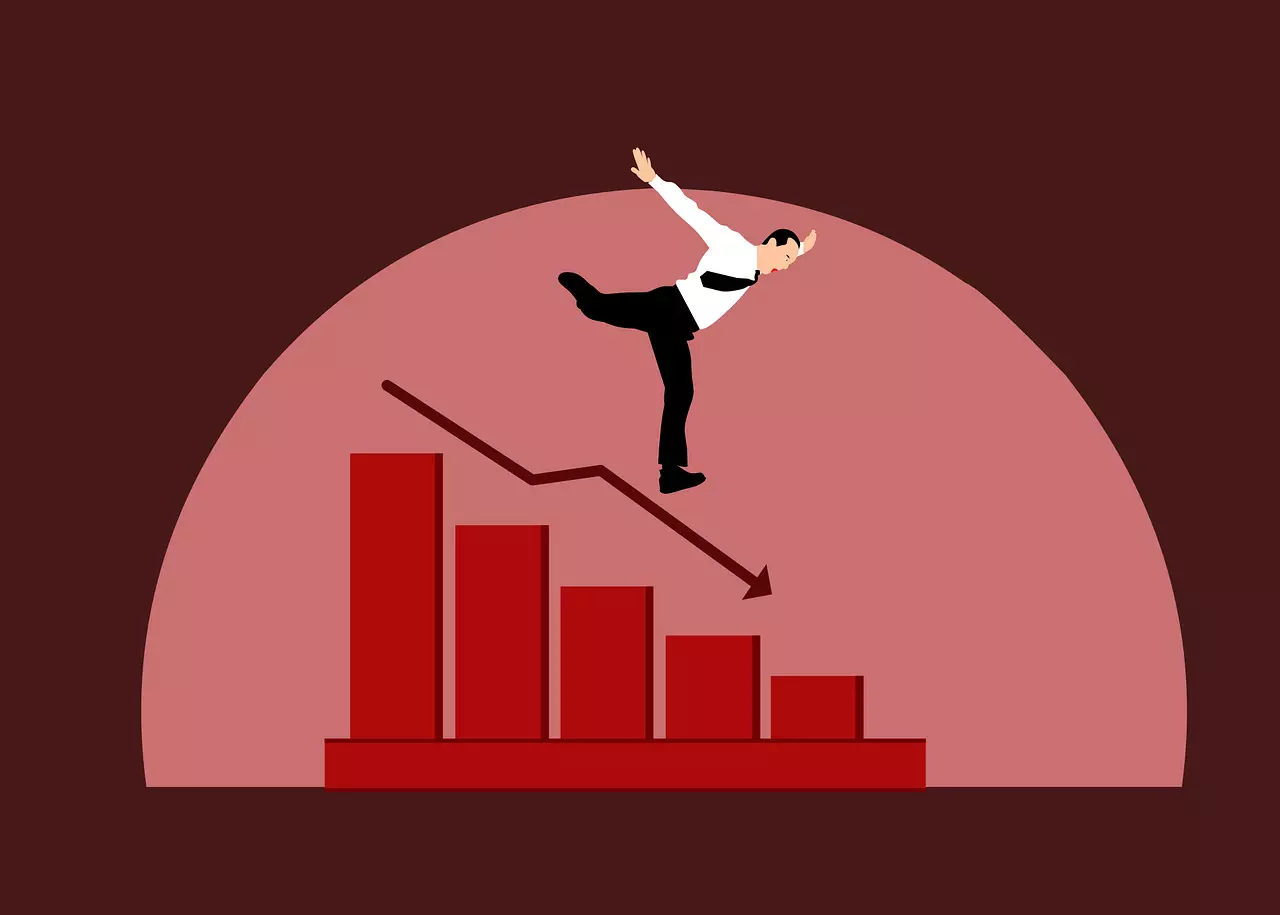Need For a Broader Metric
National progress should be looked at beyond GDP in order to prioritise sustainability, human well-being, and equity, in sync with the complexities of the 21st-century development challenges

As humanity grapples with the interconnected challenges of inequality, climate change, and technological disruption, the reliance on GDP (Gross Domestic Product) as the sole measure of national success is increasingly being questioned. While a consistent 6-8% GDP growth rate may appear promising, it fails to capture the full scope of a nation’s economic well-being, social welfare, and sustainability. With these growing challenges, it is clear that a more comprehensive and holistic measure of progress is needed—one that prioritises human well-being, environmental sustainability, and equitable economic growth.
For decades, GDP has been the dominant metric for assessing economic performance, summing up the total value of goods and services produced within a country’s borders. It provides a straightforward snapshot of economic activity but overlooks crucial aspects that determine societal well-being. GDP is often seen as a one-size-fits-all measure. Still, it fails to account for environmental degradation, rising inequality, and other societal factors shaping quality of life. As the world faces pressing ecological and social crises, it’s time to rethink GDP and explore alternatives that offer a broader view of progress.
Economist Simon Kuznets first conceptualised GDP during the Great Depression. Initially, it was seen as a tool for measuring national income, but Kuznets cautioned against using GDP as an all-encompassing welfare measure. He highlighted that GDP ignored important non-market activities, inequality, and environmental degradation. Despite this early warning, GDP dominated economic policy decisions, even as its shortcomings became evident.
The first serious critiques of GDP began to emerge in the 1970s. Economists William Nordhaus and James Tobin introduced the "Measure of Economic Welfare" (MEW), which sought to adjust GDP by accounting for factors like pollution, leisure, and the depletion of natural resources. The 1987 Brundtland Report on sustainable development called for more comprehensive metrics incorporating environmental considerations in the same period. This was followed by the introduction of the Human Development Index (HDI) in 1990 by Amartya Sen and Mahbub ul Haq, emphasising a multidimensional approach to measuring societal progress.
There are several reasons why a new metric beyond GDP is necessary. First, GDP measures output, but not whether that production improves lives. It treats all economic activities equally, whether contributing to building schools or manufacturing weapons. Second, rising GDP often obscures the growing inequality within a country. A higher GDP can coexist with widening gaps between the rich and the poor, leaving large portions of the population behind. Third, GDP treats resource extraction and pollution as positive economic contributions, ignoring the long-term environmental costs. Moreover, caregiving, household labour, and volunteerism—critical to societal well-being—are excluded from GDP calculations. Lastly, GDP is often focused on short-term gains and overlooks investments in long-term sustainability, such as renewable energy and education.
Recognising the shortcomings of GDP, policymakers and researchers have proposed alternative metrics that offer a more nuanced understanding of economic and social progress. These metrics focus on human well-being, environmental sustainability, and social equity. These include:
Widely used by the United Nations Development Programme (UNDP), the HDI integrates three dimensions—life expectancy, education, and income per capita—to provide a more comprehensive measure of development. This approach moves beyond GDP to focus on broader aspects of human development, such as health and education.
In Bhutan, the GNH index emphasises well-being over material wealth. It assesses progress through nine domains: psychological well-being, cultural preservation, and ecological sustainability. It is a bold reimagining of defining national success, advocating for policies prioritising happiness and environmental health.
This metric, also known as "genuine savings," accounts for the depletion of natural resources, environmental damage, and investments in human capital. ANS provides insights into whether a country’s economic growth is sustainable in the long run, revealing whether natural resources are being overexploited at the cost of future generations.
Developed by the Social Progress Imperative, the SPI evaluates societal progress based on dimensions such as basic human needs, well-being, and opportunities for advancement. Unlike GDP, which focuses on economic output, the SPI highlights key areas where governments can improve quality of life, regardless of economic growth.
Created by Yale and Columbia universities, the EPI ranks countries based on environmental health and ecosystem vitality. This index serves as a counterbalance to GDP by emphasising the importance of sustainability and the protection of natural resources in economic planning.
The GII tracks innovation across countries, measuring factors such as research, patents, and technological outputs. As innovation is a key driver of long-term economic growth, this index underscores the importance of investing in technology and education to shape future economies.
Metrics like the Gini coefficient and Palma ratio measure income inequality, shedding light on how wealth is distributed within society. These metrics are essential for identifying disparities that GDP alone fails to capture.
While the case for moving beyond GDP is compelling, implementing these alternative metrics presents several challenges. Many of them require extensive data infrastructure and standardised methodologies, which can be costly and complex to develop. Moreover, policymakers must adapt to using multidimensional metrics for decision-making, which can complicate traditional economic planning. GDP’s simplicity remains appealing to the public and politicians, and shifting to more nuanced metrics will require widespread education and awareness.
In a rapidly changing world, clinging to GDP as the sole measure of national progress is increasingly untenable. The challenges of inequality, climate change, and technological disruption demand a more holistic approach. By embracing alternative metrics prioritising human well-being, sustainability, and equity, societies can paint a more accurate and comprehensive picture of progress that better reflects the complex realities of the 21st century. As we look to the future, we must rethink our definitions of success and adopt measures that promote long-term prosperity and collective well-being.
The writer writes about politics, material culture, and economic history. Views expressed are personal



